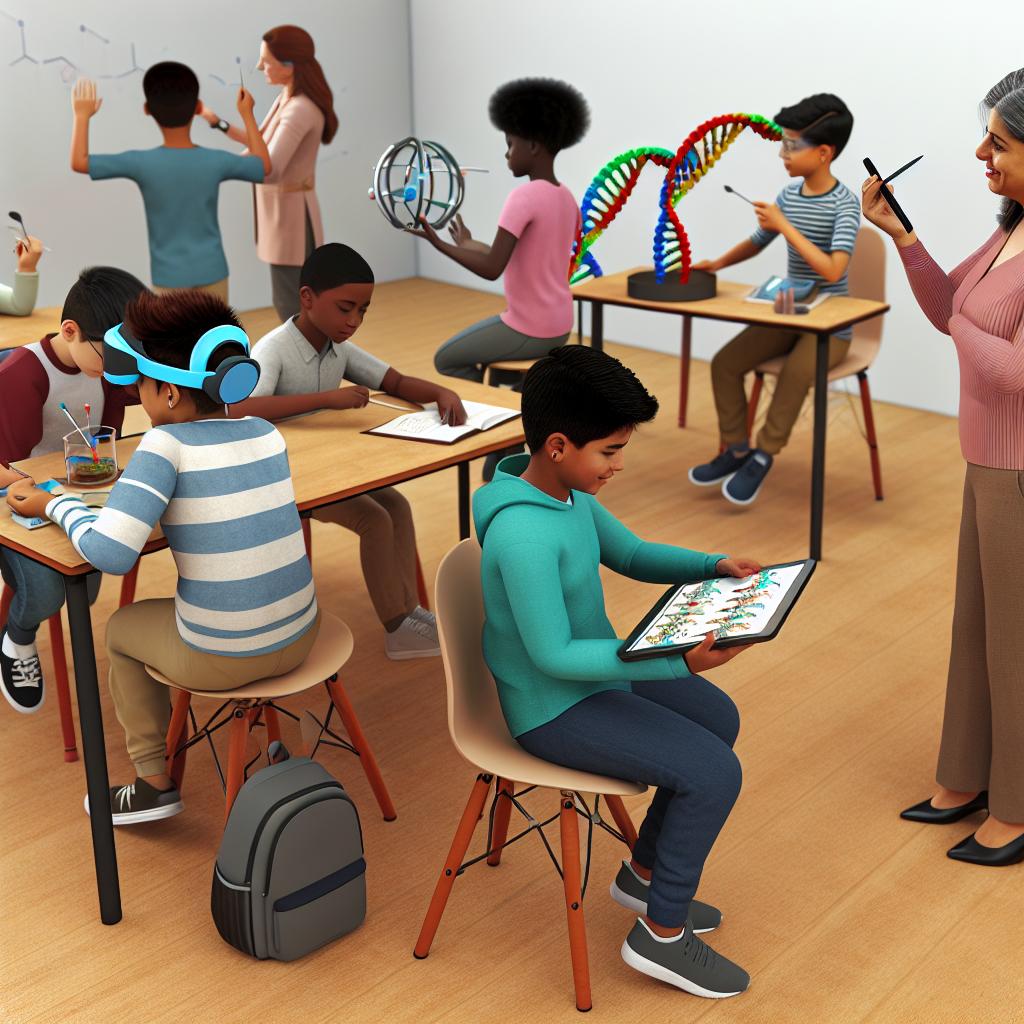- Introduction
- What is Personalized Learning?
- Benefits of Personalized Learning
- Strategies for Implementing Personalized Learning
- Technologies Enabling Personalized Learning
- Challenges and Solutions
- Conclusion
- FAQs
Introduction
In today's educational landscape, the concept of personalized learning is increasingly becoming a focal point for educators and institutions aiming to better cater to the diverse needs of students.
This article will delve into what personalized learning is, its myriad benefits, and the strategies that educators can employ to implement it effectively. Additionally, we will explore the technologies that are driving personalized learning forward and address some of the challenges associated with this approach.
What is Personalized Learning?
Personalized learning is an instructional strategy that tailors education and programs according to the individual strengths, needs, skills, and interests of each student.
This approach emerges from the recognition that students learn at different paces and in varied ways, requiring learning experiences that are as unique as they are.
By focusing on resource adaptability and tailoring teaching methods to personal preferences, personalized learning seeks to enhance educational success by providing a more customized experience for learners.
Benefits of Personalized Learning
The benefits of personalized learning are well-documented. Firstly, it increases student engagement by making learning more relevant and meaningful to each student.
Additionally, personalized learning empowers students by giving them a sense of ownership and responsibility over their educational journey. This can lead to improved academic performance as students are more motivated to succeed when they see the direct relevance of their studies to their own lives.
Furthermore, personalized learning can help bridge achievement gaps by addressing the specific needs of struggling students while offering advanced opportunities for those who excel.
Strategies for Implementing Personalized Learning
Implementing personalized learning can be ambitious but rewarding. One key strategy is to use data-driven approaches to understand student needs and tailor instruction accordingly.
Flexibility in curriculum design is also important; educators need to create adaptable learning materials and environments that can be modified to suit various learning preferences.
In addition, incorporating collaborative learning experiences alongside individual tasks can balance personalized attention with social development and peer learning.
Technologies Enabling Personalized Learning
Technology plays a pivotal role in enabling personalized learning by offering tools and platforms that facilitate individualized instruction.
Learning management systems and educational software often include capabilities like adaptive learning technologies, which adjust content difficulty based on student interactions and performance.
Additionally, tools such as data analytics and artificial intelligence can provide educators with vital insights into student progress and effective interventions to support diverse learners.
Challenges and Solutions
Despite its advantages, personalized learning poses several challenges. One significant challenge is the resource-intensive nature of developing and maintaining personalized curricula and materials.
Moreover, there is a need for professional development to prepare educators adequately for personalized learning environments.
Solutions might include increasing investments in technology and infrastructure and fostering collaborative frameworks where teachers can share resources and strategies.
Conclusion
Personalized learning holds the promise of a more equitable and effective educational landscape where every student receives the instruction they need to thrive.
While challenges remain, continuous advancements in technology and educational practices offer exciting possibilities for achieving truly personalized learning experiences.
FAQs
What is personalized learning?
Personalized learning customizes educational experiences to fit individual student needs, preferences, and learning paces.
How does technology facilitate personalized learning?
Technological tools and platforms allow for adaptive learning, data analysis, and tailored educational resources that support personalized learning.
What are some challenges of personalized learning?
Challenges include the high demand for resources, necessity for teacher training, and ensuring equal access to necessary technologies for all students.
Can personalized learning improve student performance?
Yes, by increasing engagement and relevance, personalized learning can lead to higher motivation and improved academic outcomes.
